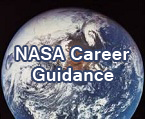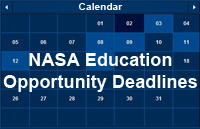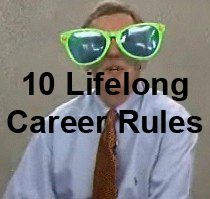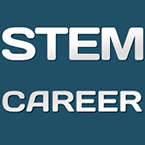Over the past decade, leaders in the United States have been challenged to produce solutions for crises such as high unemployment rates, declines in skilled labor, deficits in the educational system, and the offshoring of jobs to other
10 Startling Stats About Minorities in STEM
With data compiled from a 2006 study of minorities and their relationship to STEM, OnlineUniversities.com has produced this interesting article and infogram with 10 startling stats. Although it is not new news that minorities are missing from many STEM careers and educational programs, it is apparent based on this research that minorities have a keen interest in STEM related fields. The reason? The article states that, “…the gap exists because many minority students aren’t afforded the same educational opportunities, receiving less science and mathematics instruction from more inexperienced teachers. Lack of mentors has also been proposed as a potential problem, as well as lack of financial assistance. Again, this is further evidence that STEM opportunities need to be further integrated into our educational systems, especially those filled with disadvantaged and marginalized populations.
Posted in: Girls, Minorities, Resources, STEM
Virtual Career Network Assists STEM Job Seekers
The Virtual Career Network, funded by the U.S. Department of Labor, was created in 2010 to assist new entrants and the un- and under-employed in order to transition workers into high paying, high growth healthcare careers. This informative website helps individuals find an appropriate career fit, determine appropriate credentials needed, and assists in locating and applying for financial aid, etc.
Posted in: Healthcare, Resources, STEM Careers
Students Advance STEM Career Site
There are always new things to post about, and people have been sending them to us at STEM Career, and we thank you for that. Today, I would like to thank 6 students in Mrs. Moreau’s Senior Career Class for their help with some great resources.
JASON Science – Education Through Exploration
The JASON Project connects students with scientists and researchers virtually and physically, to provide science learning experiences.
Posted in: Education, Educators, Jason Science, Resources, Students
Agriculture in the Classroom
Online searchable database lists hundreds of educational resources to help educators locate materials and information to increase agricultural literacy among their Pre-K through 12th grade students.
ScienceEducation.gov Connects Students and Teachers to STEM Resources
ScienceEducation.gov connects teachers and students to free, federally-funded Science, Technology, Engineering, and Mathematics (STEM) education resources.
Looking to Learn about the STEM Field?
This Minnesota STEM website has great links for students to explore future careers, and has a ton of great links.
Posted in: Resources, STEM Career, Students







